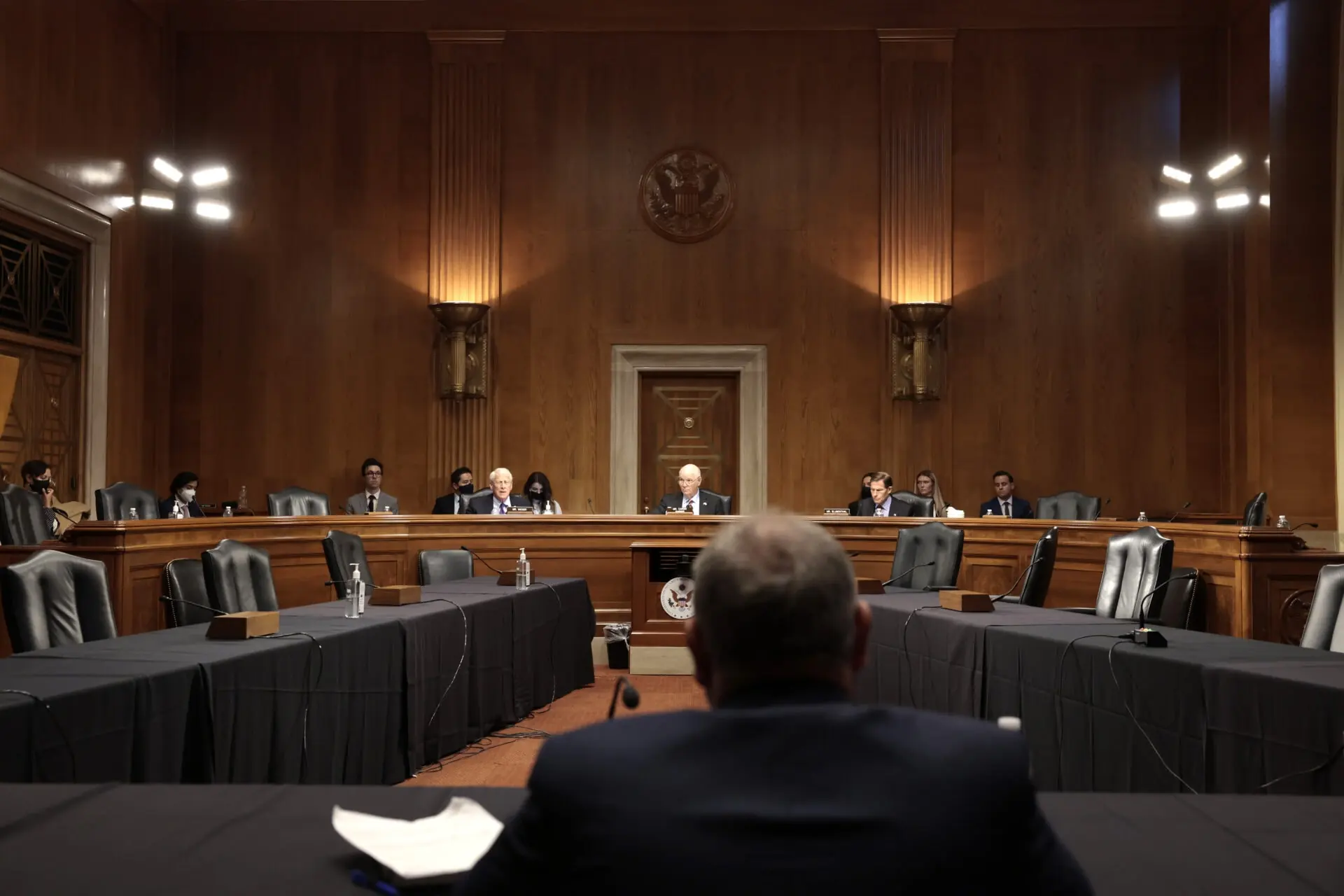Read the Policy Report Here
Transnational repression occurs when governments extend their reach beyond borders to attempt to silence or eliminate critics living in other countries. While this kind of repression has precedent, it has dramatically expanded in recent decades.
The U.S. government has taken steps to counter transnational repression, addressing threats from regimes targeting dissidents and human rights advocates on American soil through executive branch leadership, diplomatic engagement, and improved State Department reporting. Congress, meanwhile, has been mostly unable to pass legislation and has faced executive branch resistance. U.S law enforcement has been notably active and successful, yet reforms in Immigration and Customs Enforcement and an improved understanding of the issue in U.S. courts have not eliminated the impact of transnational repression through the U.S. legal system.
There are two primary pathways through which transnational repression can reach inside the United States or affect U.S. agencies: through the U.S. visa, immigration, and law enforcement systems, or through foreign actors inside or outside the United States. Reforms should address both of these pathways. Among other recommendations, this report recommends:
Executive Branch:
• Improve collaboration with Congress instead of relying on the executive branch’s leadership in foreign policy to respond to transnational repression.
• Support enhanced training, reporting, and disclosure across agencies.
• Enhance communication across the executive branch, including by creating a public ombudsman position in the U.S. National Central Bureau (NCB), the agency responsible for communications with Interpol.
Congress:
• Pressure the executive branch to fulfill the existing requirements of U.S. law relevant to transnational repression and to improve its reporting more broadly.
• Develop a definition of transnational repression in U.S. law.
• Adopt appropriate legislation to address specific gaps in U.S. law.
Law Enforcement:
• Enhance outreach to diaspora communities.
• Enhance interaction with policy and legal communities.
Diplomacy:
• Focus on preserving freedom of movement by democratic coordination in Interpol and elsewhere.
• Support the simultaneous imposition of sanctions by democracies on repressive regimes.
• Support the creation in law of a compensation mechanism for victims of transnational repression.
Read about the Transnational Repression Portfolio
The views expressed in this article are those of the authors and not an official policy or position of New Lines Institute.








